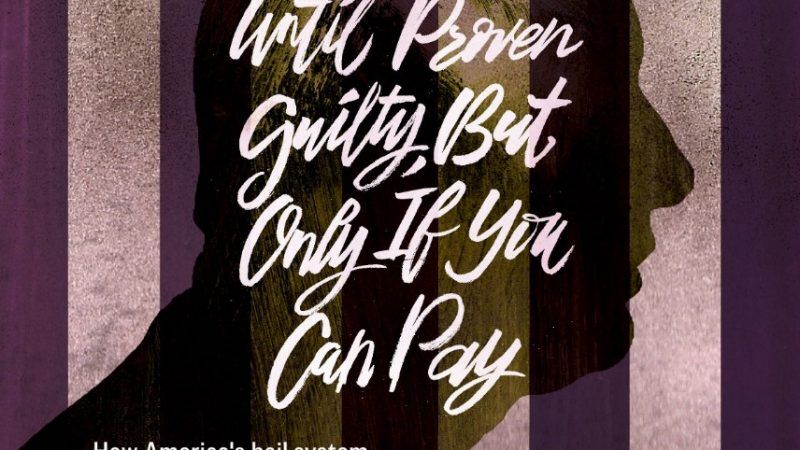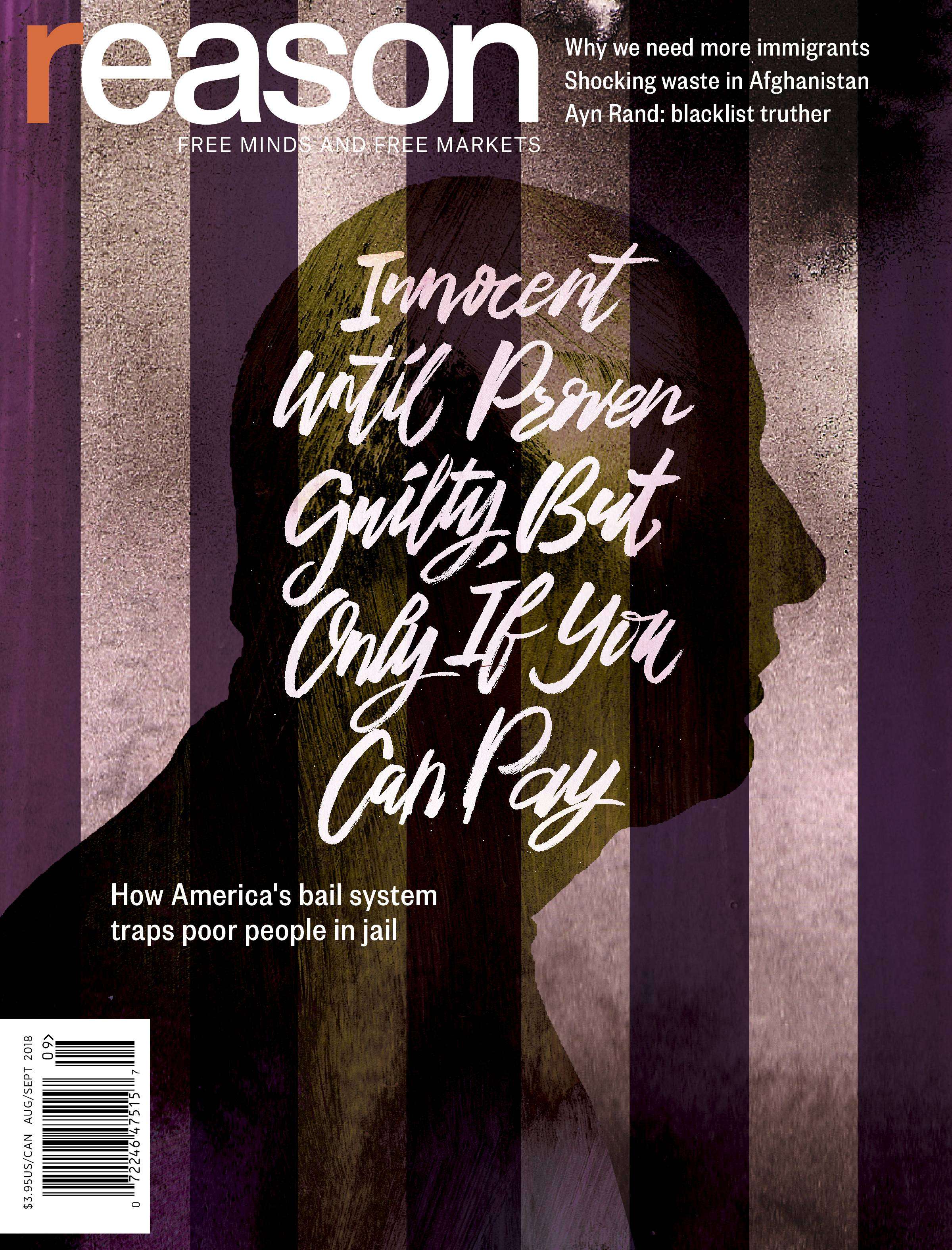When a Baby's Accidental Drug Death Leads to a $3 Million Bail Order, It's Time to Ask Questions
Is a mom who passed drugs along to her infant via breastfeeding a real community threat?


Samantha Whitney Jones, a 30-year-old woman in Bucks County, Pennsylvania, is facing criminal homicide charges over the apparently accidental drug-related death of her 11-week-old baby boy.
The charge itself may give you pause. Jones is addicted to opioids and is on methadone as treatment. Studies show that very little methadone is transferred from mother to baby via breastfeeding. Women on methadone are encouraged by experts to breastfeed if possible.
According to police accounts, in the wee hours of April 2, Jones breastfed her boy. Later that morning she fed him some formula. Then she put the boy in a basinet and fell asleep. When she woke up an hour later, the baby was pale and not breathing. Jones and her mother tried to revive the baby and called 911, but the baby didn't make it.
A toxicology report as part of the baby's autopsy found methadone, amphetamines, and methamphetamine in his bloodstream. And so they've charged Jones with homicide for the baby's death on the belief that she transmitted the drugs into the baby's system via breastfeeding (no drugs were found in the formula).
Nobody seems to be arguing that Jones intentionally killed the boy. It all seems like a horrible tragedy, though, obviously there's still a lot of information that hasn't yet come out. When it came time to determine Jones' bail, the judge set it at $3 million, an extremely high amount. Last week a judge knocked it down to $500,000. Records show that Jones' mother was able to pay the 10 percent deposit necessary today ($50,000) to cover it.
Jones isn't breastfeeding any other babies, and the family didn't try to conceal what happened. They tried to save the baby. This seems like a situation where the judge determined bail based on the severity of the crime, not on the basis of any risk Jones poses to the community. The high amount prompted Philadelphia Inquirer opinion writer Abraham Gutman to ask some questions, and he eventually spoke with Philadelphia defense attorney Marni Snyder. Snyder explained that sometimes judges used the severity of the charges themselves as evidence of the potential flight risk, thus demanding the high bail amounts.
Gutman is concerned about the consequences:
"If the crime is really upsetting, all of a sudden they are considered a danger to the community, without looking whether or not their crime is likely to be repeated on the street," Snyder explains. According to the criminal complaint, the physician that performed R.J.'s autopsy "advised [that] R.J. ingested the combination of fatal drugs through breast milk." In addition to the high bail, the judge imposed a condition that Jones will not come in contact with anyone under the age of 18. What is the judge scared of, that Jones will breast-feed teenagers after using drugs? It seems improbable, if not impossible, that Jones would be able to repeat the alleged crime.
Why the high bail then? Snyder says that often the official setting the bail – which could be a judge, magistrate, or commissioner depending on the court — "uses their gut reaction to the crime to set a high bail to make a statement about how upsetting the offense is, and that is not right."
It happens a lot, and the end result is that people who cannot afford bail end up stuck in jail prior to their trials not because they're dangers to the community, but because a the pile of disproportionate charges prosecutors dump on them create a threat of a massive jail sentence that prompts judges to declare a possible flight risk.
Then, when stuck in jail because they cannot afford to cover bail, defendants are more likely to accept plea deals or face harsher criminal penalties because they feel as though they have no other choice, and it's much harder to fight charges from the inside of a jail cell. These outcomes due to extremely high bail amounts have helped drive a movement to reform the bail system so that money is not the primary determinant of who gets to be free to fight their case and who ends up stuck behind bars waiting for justice. It's the focus of Reason's cover story for the August/September issue. Read it here.
